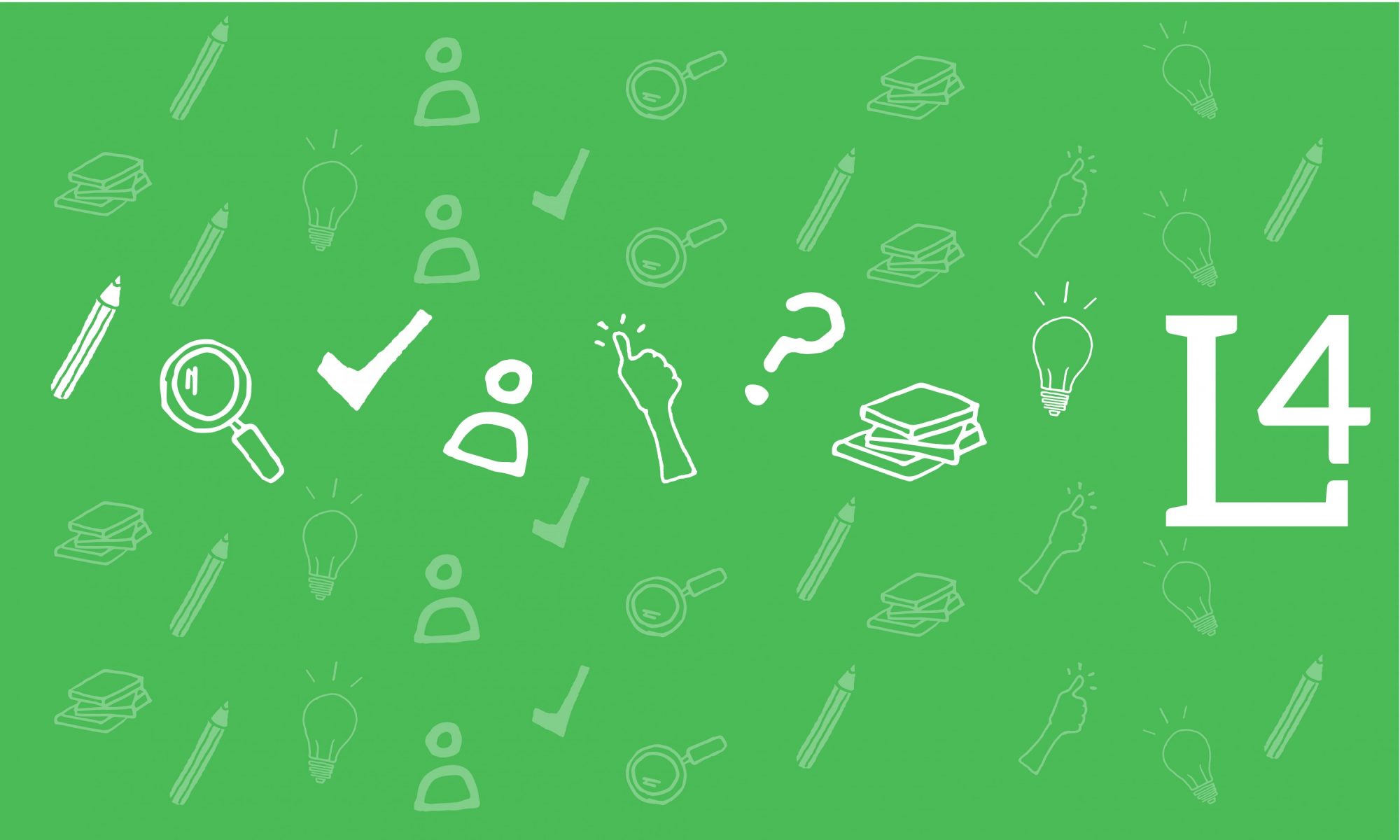GenEd Seminar Winter 2022 assignment
Laura Andreescu
Restorative Dentistry
Living Lab General Education Winter 2022 seminar
Activity Description: Provide a brief description of the activity
For the Living Lab General Education Seminar Winter 2022 I chose “Reading” as the main SLO. I developed and introduced a reading class activity for the laboratory section of the Dental Implant Prosthetics course, in which we read a scientific article titled “Provisional Restorations Options in Implant Dentistry” by Dr. Robert Santosa and published in the Australian Dental Journal, October 2007.
I chose this article because at that time, the lecture section of this course covered this topic and, the students were working on the laboratory project of fabricating a 3-unit provisional restoration for dental implants on teeth # 9 and # 11. After reading the article and having discussions students completed an informal assignment in which they had to answer few questions (short essay) about what they learned. This informal assignment was not graded and instructed the students to concentrate more on the concepts than the spelling and grammar. Based on the students’ responses, I concluded that most of them have a good understanding of this topic. However, this class activity sparked interesting discussions and students were able to evaluate what are some of the gaps in their knowledge.
I am planning to have at least one more similar class activity, and if the time permits to have a formal assignment, as homework, in which they will have to read and article and summarize it in an essay form. This homework will be graded, and I will provide the reading grading rubric as developed during the General Education seminar. The goal for the Student Learning Outcome is to familiarize students with reading and understanding scientific concepts and dental vocabulary presented in different forms such as peer-review journals, professional blogs, etc.
Learning Goals: What do you aim to achieve with this activity?
My goals are to develop students reading abilities, which will helped them gain knowledge and be better prepared in their careers.
Timing: At what point in the lesson or semester do you use this activity? How much classroom time do you devote to it? How much out-of-class time is expected?
This class activity took place at the end of the laboratory session and it took approximately 15 minutes
Logistics: What preparation is needed for this activity? What instructions do you give students? Is the activity low-stakes, high-stakes, or something else?
This informal assignment is not graded, but is intended to show students their level of understanding of class topic and for me to see what areas of course instructions I need to develop more.
Assessment: How do you assess this activity? What assessment measures do you use? Do you use a VALUE rubric? If not, how did you develop your rubric? Is your course part of the college-wide general education assessment initiative?
I used the informal assignment as a feedback to evaluate the students' level of understanding of course materials.
Reflection: How well did this activity work in your classroom? Would you repeat it? Why or why not? What challenges did you encounter, and how did you address them? What, if anything, would you change? What did students seem to enjoy about the activity?
Yes. I will use this type of class activity in the future, because it is a barometer of how well they are doing in this course
Additional Information: Please share any additional comments and further documentation of the activity – e.g. assignment instructions, rubrics, examples of student work, etc. These can be links to pages or posts on the OpenLab.
Please share a helpful link to a pages or post on the OpenLab



